It wasn’t until having children that I really began to question the food I was buying. And no, I’m not just talking about deciphering labels and shopping for the best possible deals, I wanted to make sure I wasn’t feeding my little chickadees grub that was pumped with hormones, steroids and Heaven only knows what else.
Since chicken is a staple protein in our household — for both lunch and dinner — I questioned whether the stuff we’ve been buying was doing us more harm than good. A recent trip to the Willoughby Save on Foods to meet two BC Chicken Farmers from the BC Chicken Squad helped to ease my mind.
Will and Anne Mae Vermeer from Chilliwack, B.C. have been chicken farmers for the past 12 years. The couple have three spacious barns on their picturesque property and 35,000 broiler chickens.
Last Saturday, they spent the morning in the store’s meat department to chat with shoppers, dole out delicious sun-dried tomato chicken samples and goodies for children.
According to the BC Chicken Growers’ Association, over 64 per cent of British Columbians believe that hormones and steroids are added to the chicken they eat — a fact that Ann Mae says couldn’t be farther from the truth.
“We want to dispel the rumor of hormones and steroids in chicken,” said Ann Mae.
“It’s important that consumers feel confident that what they’re buying is a good product — that we stand behind our product.”
The use of hormones and steroids in Canadian poultry has been banned for over fifty years and a stringent provincial and federal licensing and inspection regime ensures those laws are upheld, explained Will, who along with Ann Mae works quietly behind the scenes to ensure B.C. chicken is raised according to the highest national standards.
“The absolute best product you’re going to get is from healthy, happy birds.”
Raising Chicken
LEARN THE TRUTH ABOUT CHICKEN PRODUCTION IN B.C.
(Courtesy of chickensquad.ca)
A chicken farmer’s main goal is to keep his chickens comfortable and healthy because that’s the best way to deliver a nutritious, tasty product. Strict guidelines in Canada for the care and handling of poultry are enforced by a team of dedicated inspectors ensuring that the chicken we eat is raised according to the highest standards. Learn more about those standards below.
FEED
Broiler chickens eat corn, barley, wheat and a lot of protein from soy or canola meal as well as vitamin and mineral supplements. While the specific feed formulations vary from one feed mill to another, the Canadian Food Inspection Agency closely regulates the ingredients in the feed. Hormones and steroids are not used in broiler feed. Their use is Canada has been illegal for all chicken production since the 1960s. The barns have automatic feeding systems so the birds can eat whenever they want.
WATER
Broiler birds also have constant access to fresh, clean water. Chicken producers are required to clean and disinfect their water lines before each new flock and test their water annually for the presence of bacteria. The water is delivered to the birds through a nipple drinking system. These lines can be raised as the birds grow so that they are always at a height that is comfortable for the birds to drink from. When the chicks first come to the barn, they are attracted to the shiny droplet of water on the nipple so they peck at it. This is how they learn where to get their water from.
CLIMATE CONTROL
Most poultry barns have computer systems that are used to control the temperature in the barns, keep the air fresh and control the lighting systems. Alarms are used to alert the chicken producer if the power goes out or if the temperature is not correct. Many of these computers are also programmed to telephone the chicken producer on his home or cell phone if there is a problem in the barn so that he can fix it right away. If the power should go out, there is generator on the farm to keep the systems running and ensure the birds continue to be comfortable.
All poultry barns are equipped with vents and many powerful fans that ensure the air is always fresh. These fans and vents also work with a heat source (brooders or space heaters) to ensure the birds are always at a comfortable temperature, even in the middle of winter. When the chicks are placed in the barn, it is heated to 29° – 32°C and the temperature is slowly reduced to 21° – 23°C by the time the birds are shipped.
BARN CLEANING
After each flock, broiler producers remove all manure and dust from the inside of the barn and spray a disinfectant on all of the walls and equipment. They also clean and sanitize the water lines. At least once a year, broiler producers will wash their barns from top to bottom with water. This ensures that each flock starts its life in a clean environment.
BIOSECURITY
In addition to the many standards in food safety and animal care, chicken farmers in Canada follow standards to minimize/eliminate the movement of viruses, bacteria and other biological organisms from crossing the farm’s boundary. For example, in addition to hand sanitizing stations at the entrance of each barn, chicken farms in BC have closed, lockable gates and vehicle wash stations at their farm entrances. All farm visitors are required to sign a log book, wear disposable coveralls, and sanitize their feet.
For more information about B.C. chicken and to check out a fun and informative movie trailer, visit www.chickensquad.ca.
(Disclaimer: This is a sponsored post)
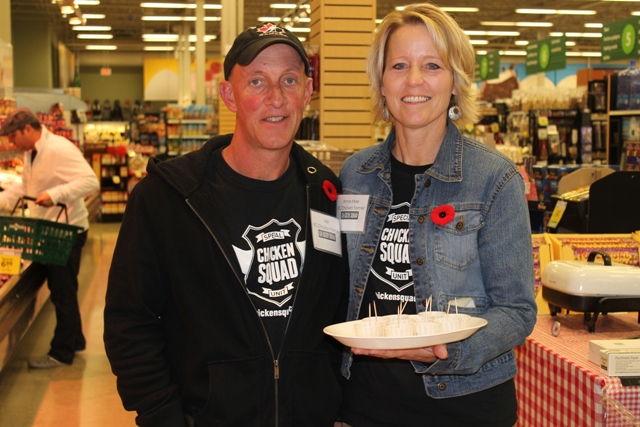
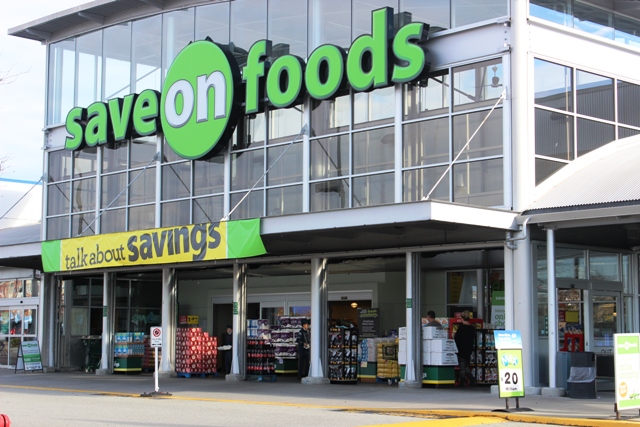
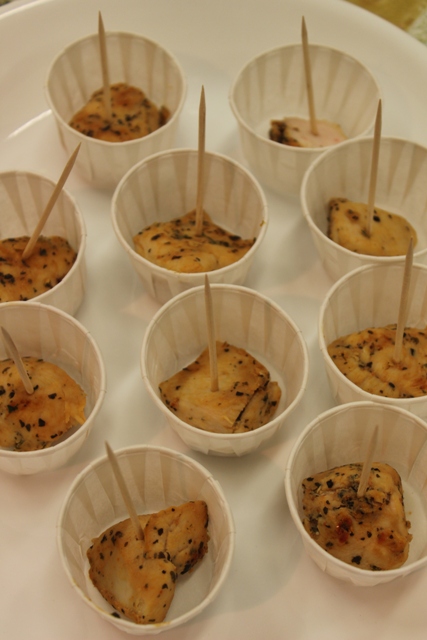
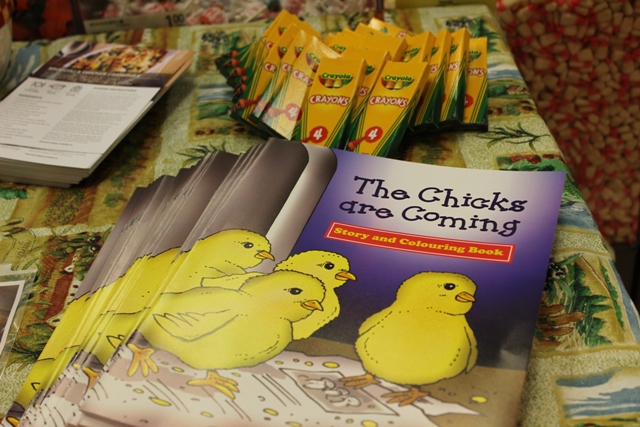
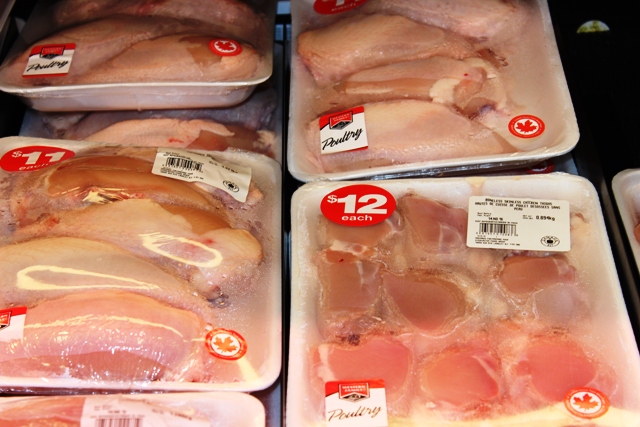





One Comment
moncler outlet amazon español
November 30, 2015 at 8:31 amlongchamp outlet abu dhabi
tiffany heart tag necklace fake calls
chanel top tumblr
fendi 780r eyeglasses
parajumpers jackets in new york 2015
raymond weil 5599 st 00658
tag heuer overstock 808
karen millen qvb
moncler outlet amazon español